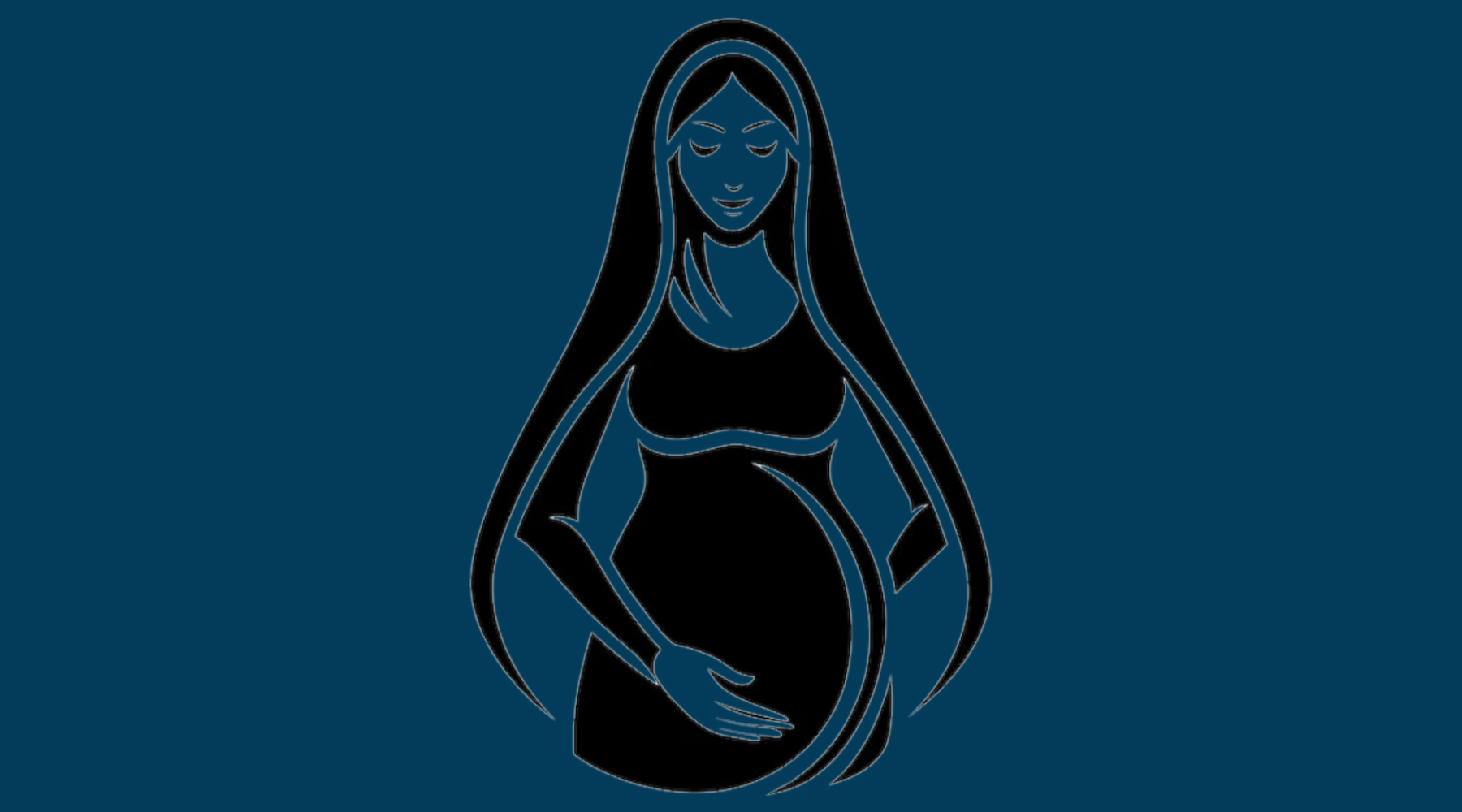Arazu, a 38-year-old woman with four children, is pregnant with her fifth child. Whenever she experiences a health issue or needs advice, she must travel tens of kilometers to see a specialist doctor because she cannot access this service in her hometown.
Arzau got her vaccination card at the sub-district health center four months into her pregnancy.
"When a woman becomes pregnant, she goes to a specialized doctor in Chamchamal and Sulaymaniyah because there are no obstetricians and gynecologists in Takeya," she said.
Every pregnant woman has the right to comprehensive health care and hospitalization rights, including the provision of necessary health services and accurate information such as treatment, regular checkups, nutritional guidelines, and more.
Rezan Farid, chief medical assistant in the reproductive unit and supervisor of urban and suburban health centers in the Sulaymaniyah Health Protection Directorate, acknowledges that some centers outside the city do not provide information about family planning and pregnant women's health.
Takeya women have to travel to Chamchamal and Sulaymaniyah to see specialists.
Rezan emphasizes that when a mother discovers she is pregnant, she must immediately visit the nearest health center to register her data, including family information, hereditary diseases, weight, blood pressure, diabetes, and some tests.
These procedures and services are not available in all health centers, especially in remote areas or outside cities.
We regularly visit specialists in Sulaimaniyah and Chamchamal
Peyman Hassan, 28, who lives in the villages surrounding Takeya, has two children and previously visited the pregnant women's care section at Takeya Health Center.
“My baby is three months old now. Since birth, I have only taken him back to Takya for vaccinations, otherwise we regularly visit specialists in Sulaimaniyah and Chamchamal to take care of myself and my child.”
Takeya sub-district and its villages belong to Chamchamal district, which has a population of about 200,000, but it is unclear how many children there are in the district. According to the Sulaimaniya health department, the number of newborns last year passed 30,000.
In Sulaymaniya Northern Province, the maternal and infant care unit is active in 74 health centers, with 21 centers located in the districts and sub-districts, according to a local health official.
All these health centers belong to the Sulaymaniya Health Prevention Directorate, where they provide dozens of free health services to pregnant mothers and babies, from the first trimester of pregnancy until the baby is six years old and is admitted to school.
There are now family planning departments in some health centers.
Bayan Hamza, who works in the maternal and child care department at the Takeya Kakamanda sub-district health center, said that two months ago, only one day a week was set aside for obstetricians and gynecologists so that pregnant women get information about pregnancy and baby growth.
In Takya Health Center, pregnant women are registered after they provide an ultrasound report by a specialist physician that they are pregnant. Women who fill out their cards after five months of pregnancy will receive the vaccination.
"We don't have a special section for pregnant women. We just provide them with oral information," she added.
Approximately 25 women visit the health center daily, and the gynecology clinic is only open on Wednesdays.
In 2019, the Iraqi government allocated just 2.5% of the state’s $106.5 billion budget to its health ministry, while security forces received 18% and the oil ministry 13.5%. The same was true for 2014.
Over the past decade, data from the World Health Organization WHO shows, Iraq’s central government has consistently spent far less per capita on healthcare than its much poorer neighbors - $161 per citizen each year on average, compared to Jordan’s $304 and Lebanon’s $649, a report by Reuters found.
The supervisor of health centers explained that pregnant women receive vaccinations after four months, for a total of two vaccinations during pregnancy. After delivery, the child receives three more vaccinations.
During the first three months, the guidelines focus on healthy nutrition, rest, and avoiding anxiety, as well as how to deal with any illnesses. In the following months, the importance of breastfeeding is emphasized, and in the last three months, information about childbirth is provided.
After the baby is born, the woman makes two important visits to the health center for checkups, where she is given instructions and information about her health and the health of the baby, says Rezan.
"There are now family planning sections in some health centers. For reproductive information, mothers are advised not to have other children untill their baby is two-years-old for the health of the mother and the fetus," says Rezan.
Sulaymaniyah governorate has 74 mother and child care units, 53 in the city and 21 in the districts and villages, which all receive 3,000 pregnant women a month.
Iraq’s healthcare system which was once one of the most advanced in the region now is in serious crisis. There’s a shortage of buildings, drugs and the medical staff to administer it. Over the past three decades the country has been ravaged by Iraqi-Iran war, Saddam Hussein’s invasion of Kuwait, ousting of Saddam regime followed by sectarian violence, the war against al-Qaeda and the rise of Islamic State in Iraq and Syria ISIS.
The political chaos after 2003, pushed an estimated 15,000 out of 52,000 registered Iraqi doctors to leave the country. The young student doctors primarily seek training and life abroad rather than permanent state employment.






